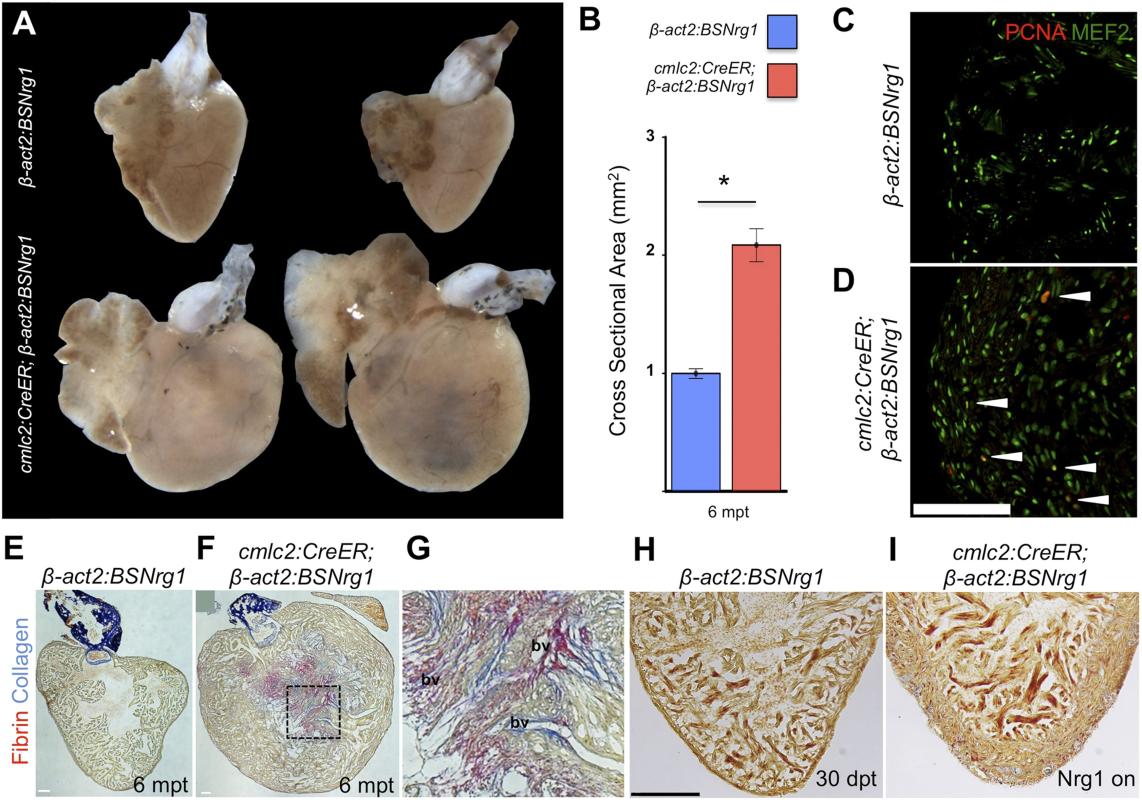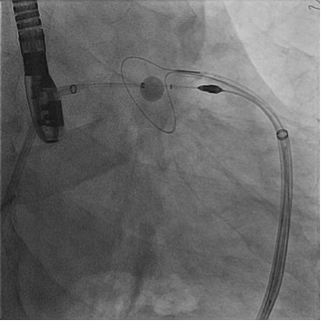Four from Medicine recognized at Spring Faculty Meeting
At the School of Medicine's Spring Faculty Meeting on May 5, the following Medicine faculty were honored with awards:
Michael Blazing, MD, associate professor of medicine (Cardiology), received the Arnold P. Gold Foundation Leonard Tow Humanism in Medicine Award, which recognizes compassion and sensitivity in the delivery of healthcare.
Richard Krasuski to return to Duke Cardiology
Richard Krasuski, MD, a former Duke Cardiology fellow, will join the Division of Cardiology in July, announced Joseph Rogers, MD, interim chief of the division. Dr. Krasuski completed his cardiology fellowship at Duke. He currently runs the Adults with Congenital Heart Disease Program at the Cleveland Clinic.
Ravi Karra investigates heart regeneration in zebrafish
Ravi Karra, MD, medical instructor in the Division of Cardiology, is a co-author of a recent article about heart regeneration in zebrafish. He also leads a clinical trial studying neuregulin in heart failure patients.
Kevin Jackson uses LARIAT suture delivery device
Kevin Jackson, MD, assistant professor of medicine (Cardiology), recently performed the first left atrial appendage occlusion with the LARIAT suture delivery device at Duke University Hospital.
Philanthropies announce new program to support early-career scientists
Three of the nation’s largest philanthropies – the Howard Hughes Medical Institute, the Bill & Melinda Gates Foundation, and the Simons Foundation – have announced a new partnership to provide much needed research support to outstanding early-career scientists in the United States.
Through the new Faculty Scholars Program, the philanthropies will invest a total of $148 million in research support over the program’s first five years.
Navar-Boggan elected to Duke chapter of Alpha Omega Alpha honor society
Ann Marie Navar-Boggan, MD, PhD, fellow in the Division of Cardiology, was elected to the Duke University School of Medicine chapter of Alpha Omega Alpha Honor Society.
Califf appointed deputy commissioner of FDA
Rob Califf, MD, professor of medicine (Cardiology) and vice chancellor for clinical research, has been named deputy commissioner for Medical Products and Tobacco at the Food and Drug Administration.
Califf will begin his appointment, which was announced today by FDA Commissioner Margaret A. Hamburg, MD, at the end of February.
Pitt receives 2015 Harrington Scholar-Innovator grant
Geoffrey Pitt, MD, PhD, professor of medicine (Cardiology), has been named a 2015 Harrington Scholar-Innovator grant recipient.
The awards, funded by The Harrington Discovery In
Duke Heart Center launches new mobile app for cardiovascular education
The fellows and faculty of the Duke Heart Center have developed a free iOS mobile application, Duke Cardiology Fellows Cardiovascular Education App, that serves as a cardiovascular educational reference.
The app is meant for medical stude
Duke cardiologist Monique Anderson puts CPR expertise to emergency use
Only about 10 percent of people who go into cardiac arrest outside a hospital survive, but in a way, the man face down in the Chicago hotel lobby Sunday could scarcely have been luckier.
This News & Observer story tells how Monique Anderson, MD, medical instructor in the Division of Cardiology and an expert on CPR, attended to the man.
Read the full story.


